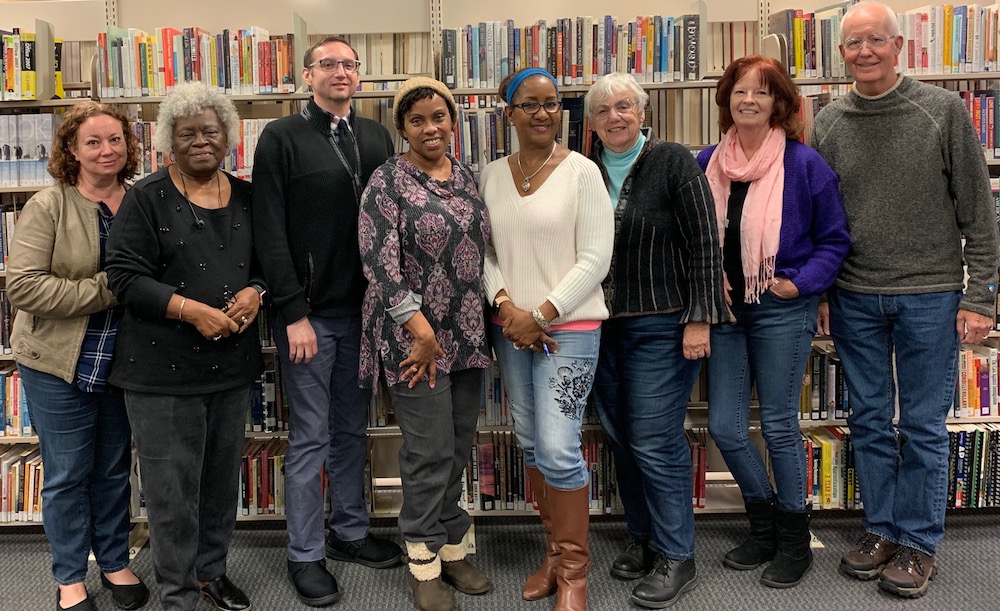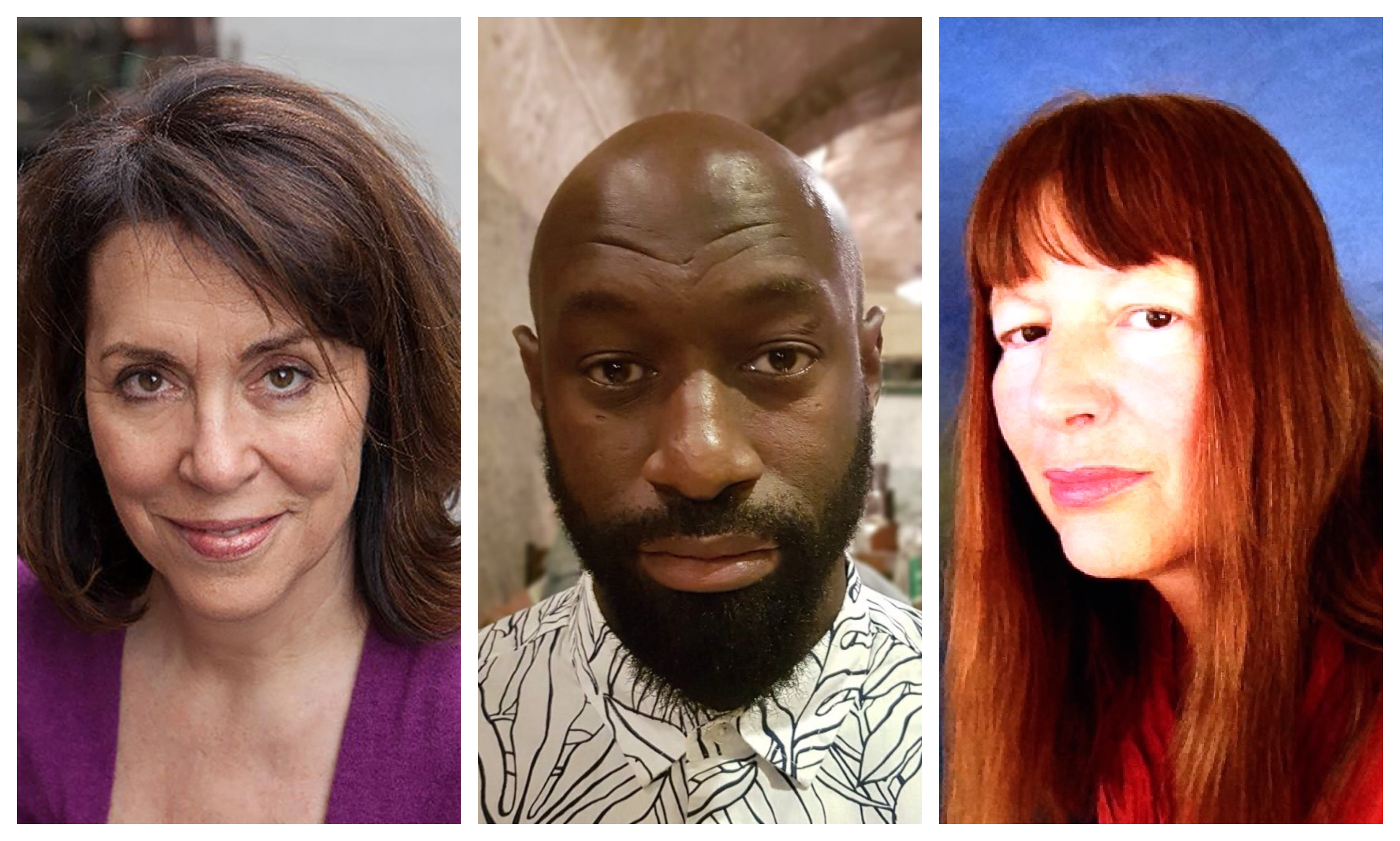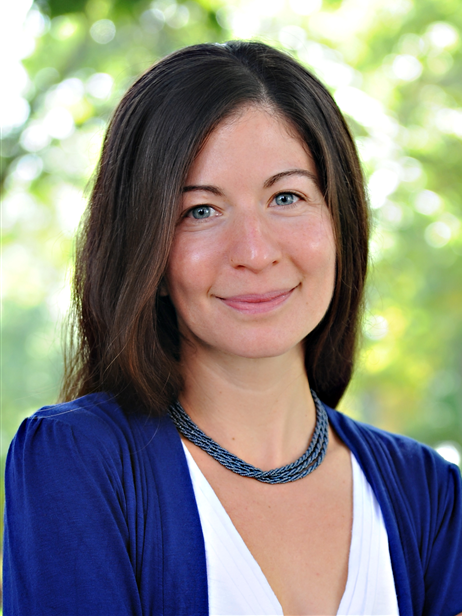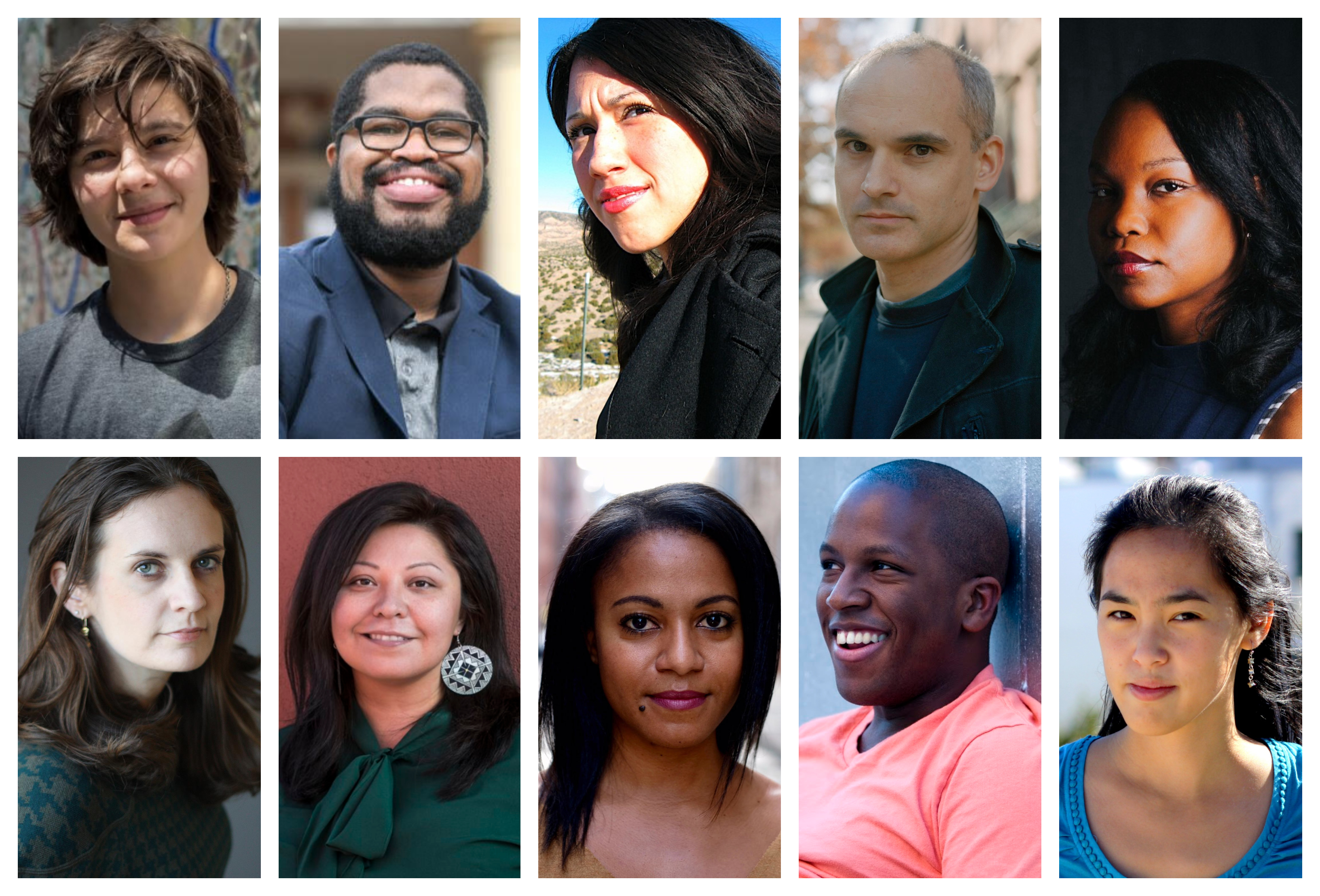As we head into the end of March, consider submitting to these writing contests for poets and prose writers. Each contest offers a prize of at least $1,000 and has a deadline of March 31.
Arts & Letters Prizes: Three prizes of $1,000 each and publication in Arts & Letters are given annually for a group of poems, a short story, and an essay. GennaRose Nethercott will judge in poetry, Peter Nichols will judge in fiction, and Pam Houston will judge in nonfiction. Entry fee: $20. Deadline: March 31.
Bellingham Review Literary Awards: Three prizes of $1,000 each and publication in Bellingham Review are given annually for works of poetry, fiction, and creative nonfiction. The 49th Parallel Award for Poetry is given for a poem or group of poems; Nickole Brown will judge. The Tobias Wolff Award for Fiction is given for a short story; Robin Hemley will judge. The Annie Dillard Award for Creative Nonfiction is given for an essay; Ira Sukrungruang will judge. Entry fee: $20. Deadline: March 31.
Black Lawrence Press Hudson Prize: A prize of $1,000, publication by Black Lawrence Press, and 10 author copies is given annually for a collection of poems or short stories. The editors will judge. Entry fee: $25. Deadline: March 31.
Bosque Press Fiction Prize: A prize of $1,000 and publication in bosque is given annually for a short story or a novel excerpt by a writer over the age of 40. Julie Williams will judge. Entry fee: $22. Deadline: March 31.
Elixir Press Antivenom Poetry Award: A prize of $1,000 and publication by Elixir Press is given annually for a first or second poetry collection. Ariana-Sophia Kartsonis will judge. Entry fee: None. Deadline: March 31.
Fish Publishing Poetry Prize: A prize of €1,000 (approximately $1,180) and publication in the Fish Publishing anthology is given annually for a single poem. The winner is also invited to read at the anthology launch event at the West Cork Literary Festival in July. Billy Collins will judge. Entry fee: $17. Deadline: March 31.
Florida Review Editors’ Awards: Three prizes of $1,000 each and publication in Florida Review are given annually for a group of poems, a short story, and an essay. The editors will judge. Entry fee: $25. Deadline: March 31.
Indiana Review Poetry and Fiction Prizes: Two prizes of $1,000 each and publication in Indiana Review are given annually for a group of poems and a story. Entry fee: $20. Deadline: March 31.
Lascaux Review Poetry Prize: A prize of $1,000 and publication in Lascaux Review is given annually for a single poem. Entry fee: $15. Deadline: March 31.
Narrative Winter Story Contest: A prize of $2,500 and publication in Narrative is given annually for a short story, a short short story, an essay, or an excerpt from a longer work of fiction or creative nonfiction. A second-place prize of $1,000 is also awarded. The editors will judge. Entry fee: $26. Deadline: March 31.
Press 53 Prime Number Magazine Awards: Two prizes of $1,000 each and publication in Prime Number Magazine are given annually for a poem and a short story. Ginger Murchison will judge in poetry and Pinckney Benedict will judge in fiction. Entry fee: $15. Deadline: March 31.
Red Hen Press Nonfiction Award: A prize of $1,000 and publication by Red Hen Press is given annually for an essay collection, memoir, or book of narrative nonfiction. Nikki Moustaki will judge. Entry fee: $25. Deadline: March 31.
Willie Morris Award for Southern Poetry: A prize of $2,500 will be given annually for poem that exudes the American South in spirit, history, landscape, or experience. The winner will also receive an all-expenses-paid trip to New York City in October. Susan Kinsolving will judge. Entry fee: None. Deadline: March 31.
Visit the contest websites for complete guidelines, and check out the Poets & Writers Grants & Awards database and Submission Calendar for more contests in poetry, fiction, and creative nonfiction.





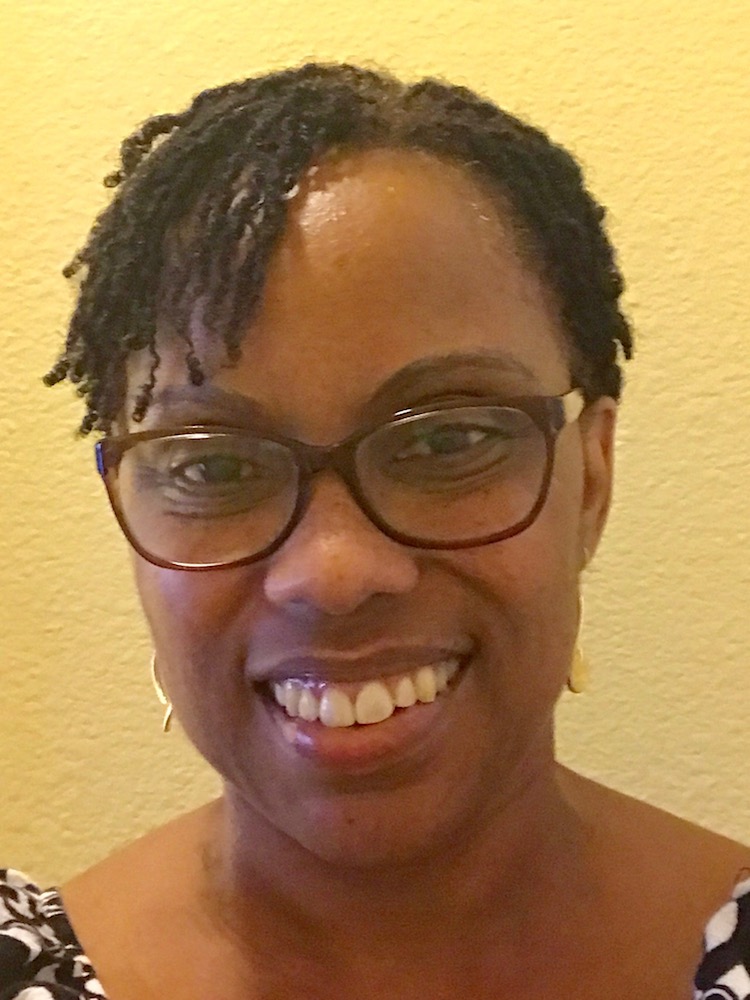 Over a year ago, I began attending the San Bernardino
Over a year ago, I began attending the San Bernardino 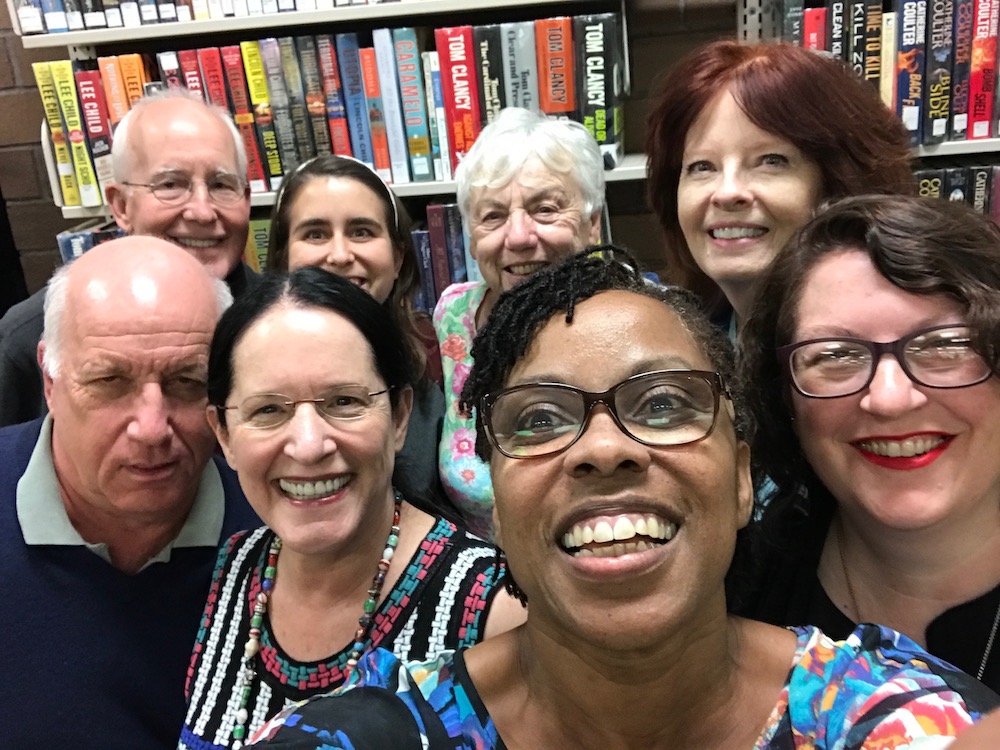 Our workshop participants range in age from mid-twenties to eighties, from college students to retirees. The octogenarian from Germany and the dancer in her twenties who works with at-risk youth have a mutual admiration for each other’s poetry and joie de vivre. The creative process, natural flow in fellowship, and mutual respect makes each meeting memorable.
Our workshop participants range in age from mid-twenties to eighties, from college students to retirees. The octogenarian from Germany and the dancer in her twenties who works with at-risk youth have a mutual admiration for each other’s poetry and joie de vivre. The creative process, natural flow in fellowship, and mutual respect makes each meeting memorable.